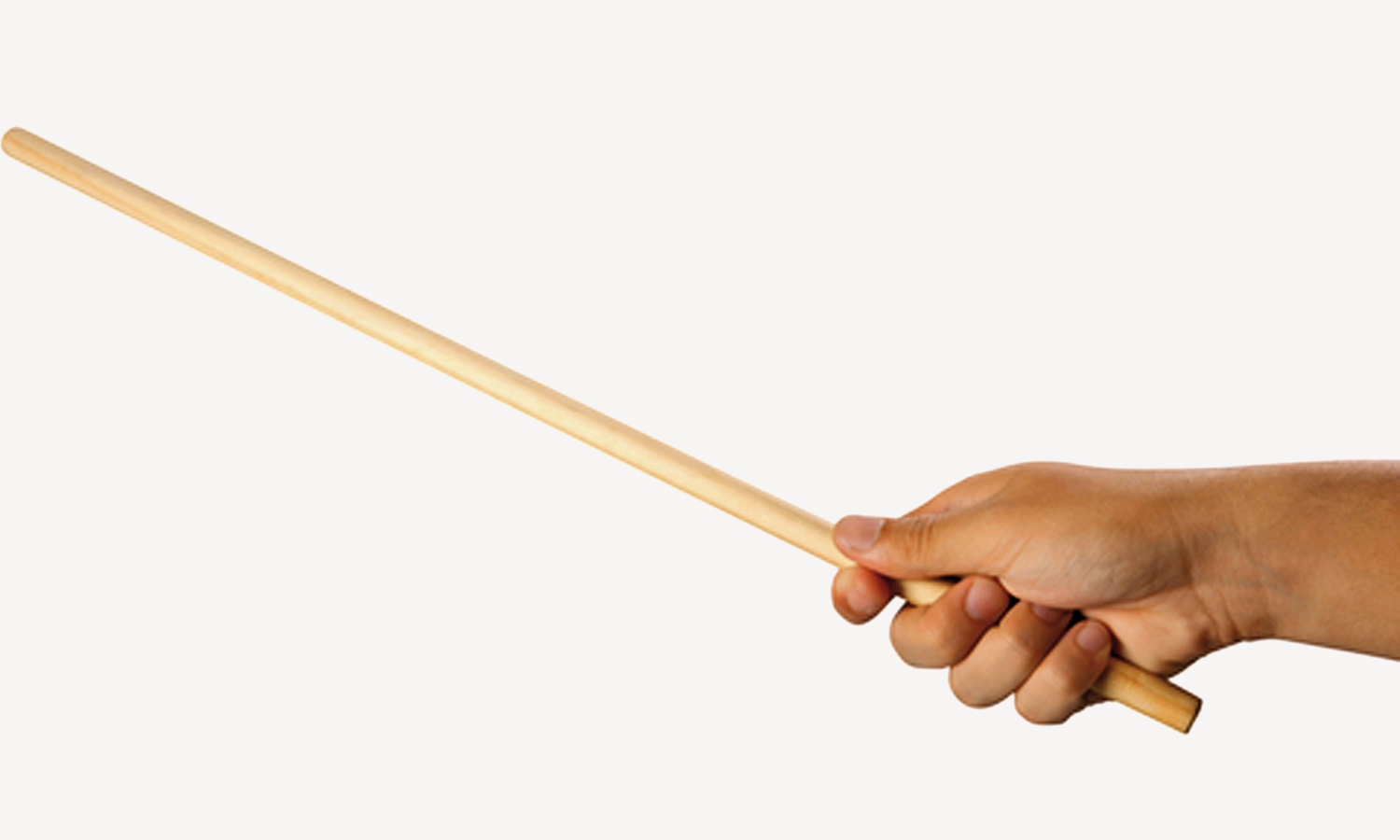

Many parents still believe in the old adage of ‘spare the rod, spoil the child’. It is a curious thing, however, as a section of parents believes in physical punishment to discipline a child and think it just a way that does not cause any harm.
Such parents see that beating the child makes him/ her bear the responsibility and helps develop a personality. Some of the parents even use this to teach children how to respect others, therefore; “without beating they become spoiled and unruly,” they believe.
Experts, however, keep an entirely different opinion and say, “When you use physical punishment on your son or daughter, the response may be quick and the message will be clear. This is basically what tempts parents to use violence, simply because this is the easiest way, from their point of view, to convey information.”
physical punishment
There is a side effect of physical punishment. “The child gets used to it. After some time, you may need to use more beating to get the same result. Thus it escalates escalate with time, as the same level of beating can never maintain the same level of compliance. Thus, such parents may have to use forced mechanism and the variations of beating get severe than before, which in course of time causes physical and psychological damage.”
Dr Jasim al Mutawa, an educational expert and consultant, said that beating benefits the one who beats, not the beaten, as he empties his anger that way. “It is not a solution. The parents rather should listen and discusses with the child. In the event the same mistake is repeated, the child should be deprived of something he loves so that his behaviour changes.”
The laws in force in the Sultanate guarantee human rights, including the rights of the child, and give him protection within safe and reassuring community life.
preventive measures
The concept of protection means the basic right to enjoy various preventive measures of social, educational and health form, besides other provisions and procedures aimed at protecting the child from all forms of violence, harm, physical or moral abuse, or negligence that lead to abuse or exploitation.
Also, some educational programmes and regulations have been put in place that stresses on the need to limit some traditional practices when dealing with student behaviour.
For example, ‘Students Affairs Regulations’ in public schools organise the relationship between the teachers and the students in the school. It emphasises the importance of using modern positive methods in dealing with students’ behaviour.
In 2016, the Ministry of Education issued a circular to avoid physical punishment in schools, since this method is not an educational method. The circular stated: “It is strictly forbidden to subject any student to corporal punishment, for whatever justification,” indicating that the Student Affairs Regulations include educational means that the teachers can resort to correct the students’ behaviour.
Since the beginning of the last century, research evidence began to accumulate to indicate that beating results are exactly the opposite of expectations. Parents imagine that this way will subjugate the child and make him calm. But, it turns out that beating helps to develop future violent behaviour, if not antisocial. It also reduces the prestige of parents and guardians in their children’s eyes when they reach adolescence and older stages.
mental illness
Other studies linked the persistence of corporal punishment and the possibility of future mental illness, alcohol and drug addiction, especially among groups that carry genetic characteristics that make them more likely to suffer from mental disorder.
Solutions, according to specialists, are by promoting positive and negative behaviours. They are mechanisms that include rewards for good behaviour and deprive of privileges as a result of negative behaviours. And before the above, parents need to two basic things, paying attention to their child’s life, his desires, and his views on the issue in question, and taking into account that change will take a lot of time and effort.
Oman Observer is now on the WhatsApp channel. Click here



